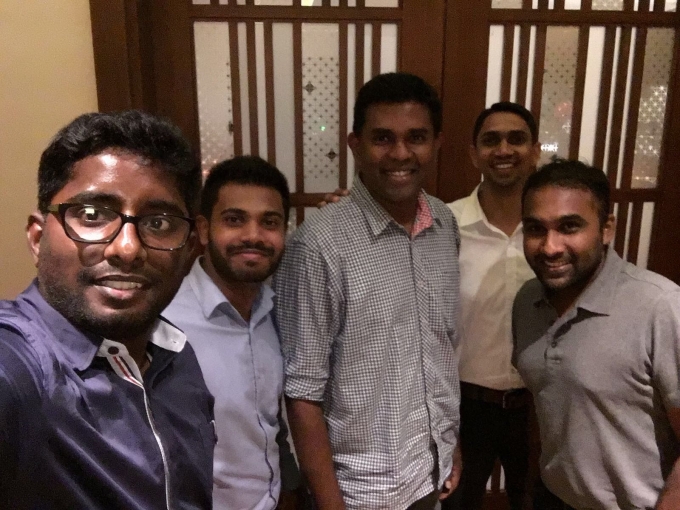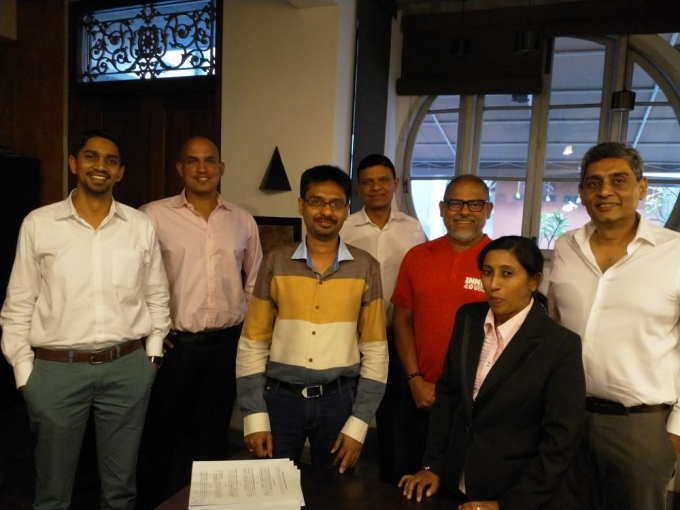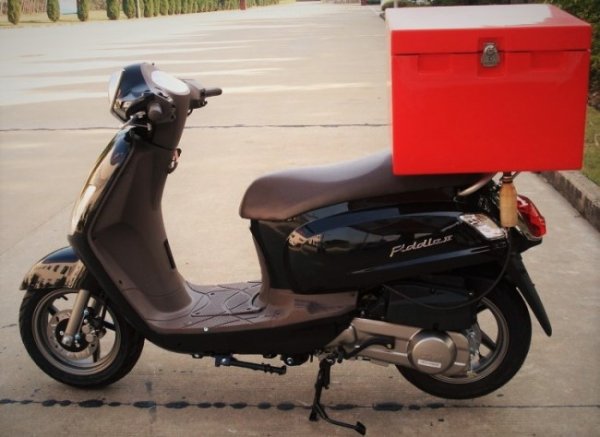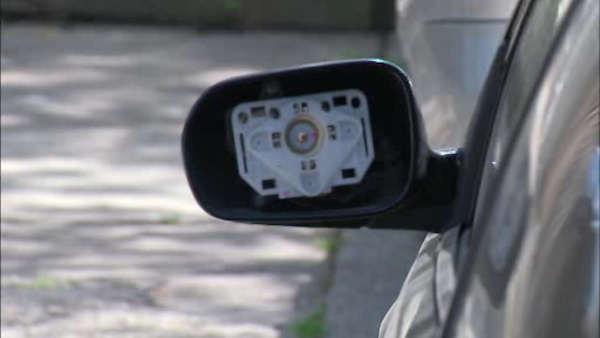
The startup ecosystem in Sri Lanka is still in its early stages. On the plus side, however, growth has been accelerating over the last few years as people realize the role startups play in a healthy economy. Raising funding for startups anywhere in the world requires a lot of effort; perhaps more so in Sri Lanka where the ecosystem and the market is small. But that hasn’t stopped entrepreneurs from building great products, and perhaps more importantly, innovating from a uniquely Sri Lankan starting point. The unique set of circumstances Sri Lanka has provides for a very different kind of startup. Investors, too, are figuring out just how much potential these ideas have. But the whole business of investing in startups is still very much a work in progress when compared to other, more startup-friendly countries.
Crowdisland has been working with early-stage startups since July 2016. They curate these startups, select the most promising ones that have had their ideas validated, work with them till they are investor ready, and then present them to their pool of investors.

The Cricrush team with Mahela Jayawardane and Chalinda Abeykoon. Image courtesy Crowdisland.
On average, ten startups might apply to Crowdisland in a month. Though that number may double sometimes. Choosing startups that are ready for funding can be difficult. But the key, Crowdisland discovered, is in the team and how long they have spent experiencing and working with the actual problem they are trying to fix. A surprising number of startups try to build a product to sell without really trying to fix a problem. All the founders in their portfolio have spent at least six months understanding the problem prior to actually working on a solution.
Over the last year, several well-known startups have been through Crowdisland and have raised substantial seed rounds. Here are three such startups, the rounds they raised, and just how they went about doing it.
Express 418
Raise – LKR 5,250,000
Seed round – June 2017
Express 418 is the company behind busbooking.lk. Via busbooking.lk, travellers can book a seat on a long distance bus prior to their travel date. The seat selected is guaranteed, and passengers do not have to wait in long queues. A convenience fee is charged on top of the regular bus fee. The team behind the concept had a great understanding of the ground-level operation, but some of the challenges they faced could not be solved via technology alone, given the complexity of what they were trying to do and the bureaucracy they had to navigate.
Crowdisland started working with the team in November 2016, and managed to raise LKR 5,250,000 as seed funding. Since then, they have become the largest bus seat aggregator in the country with more than 185,000 seats under their portfolio. At the time of the raise, they only had roughly 4,250 seats to their name. Their growth has been impressive given size of the raise. As a result, an internal round was also raised subsequently to expand their services.
Cricrush
Raise – LKR 20,000,000
Seed round – November 2017
Cricrush is a digital gaming platform based on the sport of cricket. Users can assemble a virtual team made of their favourite real-life players. Real world outcomes of cricket matches translate into points for the virtual teams. These teams are ranked and compared against the teams of their peers in the game.
Crowdisland formulated the strategy for Cricrush and then reached out to investors. The initial concept was pure fantasy, but they soon realized that gambling was too much of a taboo in the Asian subcontinent. Furthermore, it would require regulation permissions which would hinder the growth of the company. The concept was then pivoted to a game that targeted die-hard cricket fans. Crowdisland helped the founders with strategy, market sizing, and financial modelling. But what turned things around for the startup was bringing on Kumar Sangakkara and Mahela Jayawardene as brand ambassadors.
Crowdisland, together with the brand ambassadors, worked towards positioning Cricrush as a legitimate cricket gaming app by negotiating with the regulators of the sport. This helped attract funding from the U.S. amounting to USD 100,000. Crowdisland went on to help raise a further LKR 5,000,000 from Sri Lanka.
WST
Raise – LKR 16,500,000
Seed round – February 2018
WST is a social engineering startup that paints with a broad brush. Not much information is available on WST and they are sort of flying under the radar, but the problems they are trying to solve are far reaching. Their goal is to connect parents, students, tutors, and educational institutes through a single platform. Through this, they hope to solve issues like children skipping classes, children getting addicted to drugs, parent-child conflict, and even teen pregnancies. If this seems like a stretch, it is because people frequently underestimate the size and the influence the tuition industry has, especially outside of the cities.
When Crowdisland met WST last March, they had 25,000 users on their platform. WST was using what’s called ‘frugal innovation’—low-cost, low-tech solutions that are nonetheless effective because of good planning and effective positioning. Crowdisland helped WST fine-tune their pricing model, strategy, and branding in addition to the financial work. The startup was looking at a raise of LKR 12 mn. This amount was raised in just 2 months, with a total of 16.5 mn being raised at the end of the cycle. This was Crowdisland’s first oversubscribed fundraise, which saw six angels joining the round. Now, close to 40,000 students are currently on the WST platform. They have also implemented the system in a leading school in Kandy and are in discussion with few other schools.
Other startups
A few other Sri Lankan startups have also worked with Crowdisland in raising funds. Gradchat raised LKR 4 mn before moving overseas and looking at investors in the US and Ireland. Crowdisland has also worked strategy, financial modeling, and valuation for Yamu, as well strategy for Mosurance.
On Funding In Sri Lanka

The team behind WST, along with Chalinda Abeykoon. Image courtesy Crowdisland.
All these companies approached Crowdisland at different times and their raises took place at different times. Fundraising in this way is a very different beast from hackathons and startup competitions that aim to find promising startups through quick systems of iteration and competition. Here, a lot of effort is put into finding promising startups, testing their ideas, working on strategy, and then pitching them to investors. This strategic approach to fundraising has allowed Crowdisland to attract key angel investors to their portfolio. Angel investors involved in early-stage startups here in Sri Lanka also need to be a lot more hands-on; almost part of the teams themselves. This approach helps them evaluate opportunities much faster and better.
Early stage startups face a lot more risk, and fundraising strategies differ significantly from company to company. According to Chalinda Abeykoon of Crowdisland, a lot of startups look to raise funds the moment they have an idea. He says that at Crowdisland, they don’t believe that funding guarantees startup success.
“Most angel investors are not looking to invest in a startup so that the founders can validate their business model. In fact, funding often comes once you have shown traction,” he said.
The companies listed here all have unique selling points and have shown tremendous tenacity and traction. It just goes to show the potential Sri Lankan startups have that is still untapped.
Cover image courtesy: Crowdisland







